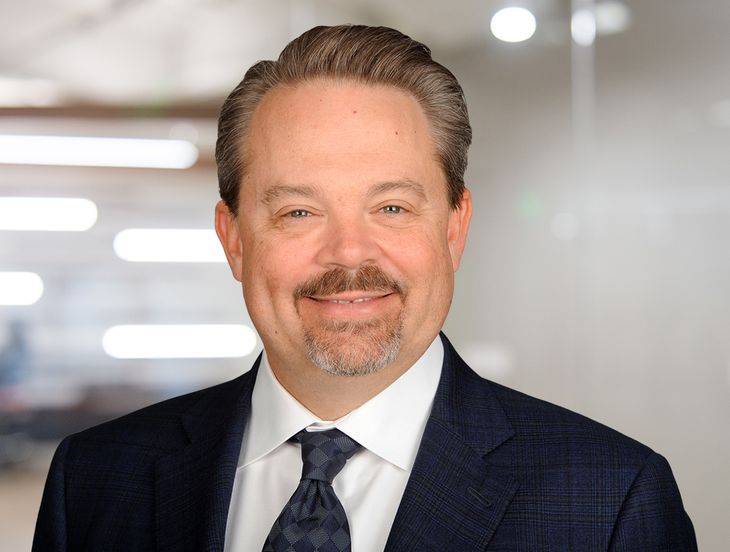What Trump’s $100,000 H-1B Visa Fee Means for the PEO Industry
Insights
10.03.25
The Trump administration upended the immigration and workforce strategy for many tech employers and other businesses when it recently announced that it would begin charging a $100,000 entry fee for each H-1B visa recipient. The good news is that this move will not impact existing H-1B visa holders and should not force all foreign national workers to immediately rush back to the US. Still, for PEOs and their customers, the implications are significant, particularly for PEOs with a heavy concentration of customers in the technology sector.
|
You can read our full coverage of this topic here. |
What Are H-1B Visas?
The H-1B visa program is a non-immigrant category that allows U.S. employers to hire foreign workers in specialty occupations requiring highly specialized knowledge:
- Each applicant must be sponsored by a U.S. employer and have at least a bachelor’s degree or equivalent.
- Recipients are initially approved for up to three years, with extensions available up to six years.
- About 85,000 new H-1B visas are available each year (not including universities, which are exempt from the cap). In 2025, employers submitted roughly 425,000 petitions, and the government ran its annual lottery to award visas.
- H-1Bs are common in the technology, engineering, and healthcare sectors — industries that rely heavily on global talent.
What Was the Typical Cost of H-1Bs?
Before this proclamation, government fees for H-1Bs were predictable. Employers would submit a $215 registration fee for the lottery, a $780 petition fee, and roughly $1,800 to $2,600 in additional charges. While significant, these costs were manageable for both large and small companies.
With the new $100,000 fee, the economics change dramatically. For smaller employers — many of whom partner with PEOs for HR and compliance — the barrier may now feel insurmountable.
What Did Trump Announce?
According to the proclamation, the Trump administration is seeking to curb abuses of the H-1B system that may disadvantage U.S. workers or suppress wages. Key points include:
- The $100,000 payment is a one-time fee tied to new H-1B petitions, not renewals.
- It began applying on September 21 and will affect the FY2027 H-1B cap lottery in March 2026.
- It will not apply to petitions filed in the FY2026 lottery earlier this year.
- Exemptions may be granted if the Department of Homeland Security (DHS) determines a petition is in the national interest.
For PEOs, this means they must be ready to explain to clients which petitions are affected and help them weigh whether sponsoring new candidates remains a viable option.
Will This Move Impact Existing H-1B Holders?
No. A September 20 USCIS memo confirmed the policy applies only to new petitions filed on or after September 21. Current visa holders can continue traveling in and out of the U.S. without concern.
This is an important point for PEOs advising clients with existing H-1B employees: current staff are secure, but future hiring strategies must adapt.
Are There Exceptions?
A statement from the White House said that certain professionals, including physicians, could be exempt from this fee.
What Should PEOs Do Now?
- Monitor Clarifications: More guidance is expected. PEOs should keep clients updated with timely alerts and webinars explaining the latest developments.
- Communicate with Affected Employees: Employers should reassure current H-1B staff that their status is not at risk.
- Assess Travel and Compliance Risks: Employers must review travel plans of H-1B employees and stay on top of documentation requirements.
- Explore Alternatives: With $100,000 fees on the horizon, employers may need to consider other visa categories (O-1, L-1, F-1/OPT), sponsoring H-1Bs for permanent residence to provide a more stable status, or even remote international employment.
- Engage Legal Counsel: Both PEOs and their clients should work closely with immigration attorneys to ensure compliance and mitigate risk.
For PEOs, the impact of these new policies will vary depending on their customer base and the services they provide. PEOs that provide guidance to customers on corporate immigration will feel the impact immediately. Some PEOs may feel that impact less and instead see an impact on worksite employee headcount over the course of next year. For some PEOs it will impact their efforts to fill internal technology positions.
Conclusion
Fisher Phillips will continue to monitor developments and provide updates as warranted, so make sure you are subscribed to Fisher Phillips’ Insight System to get the most up-to-date information direct to your inbox. For further information, contact your Fisher Phillips attorney, the authors of this Insight, or any attorney on the firm’s PEO Advocacy and Protection Team.
This article is reprinted with permission from PEO Insider where it appeared in the October 2025 edition, available here.
Related People
-
- John M. Polson
- Chairman & Managing Partner
-
- Shanon R. Stevenson
- Partner

